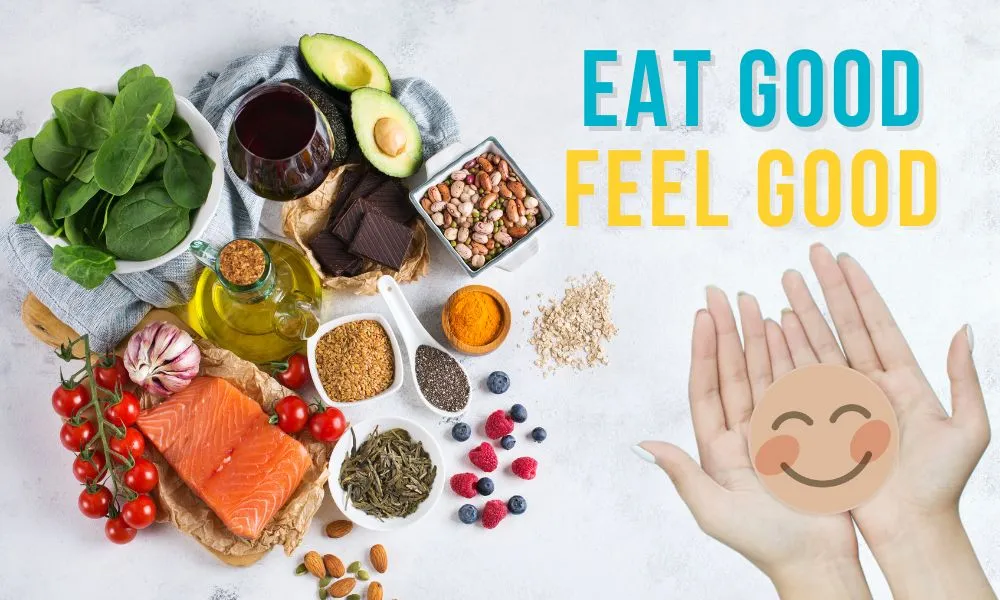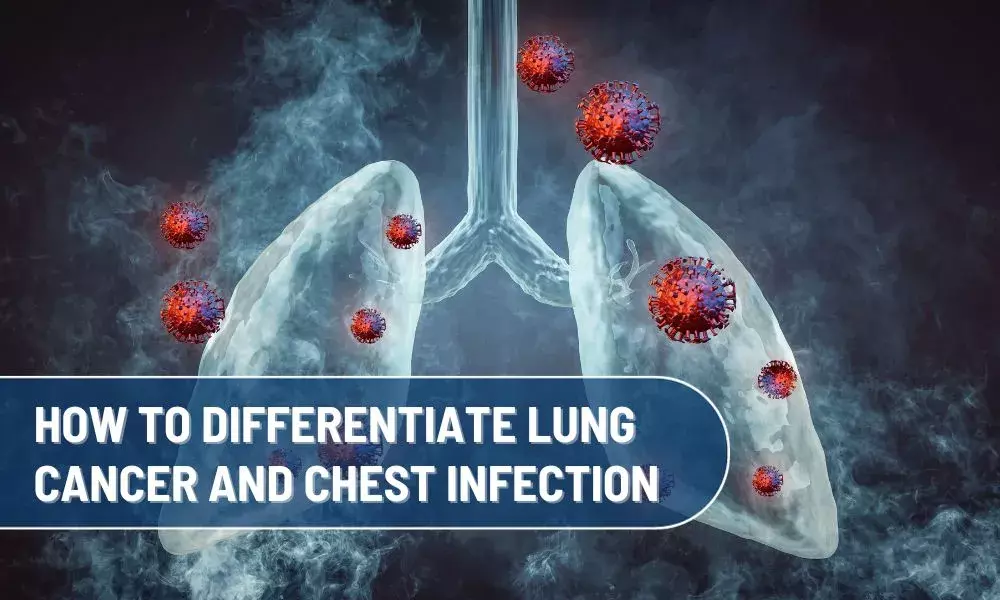Like a luxurious car that runs on premium fuel, your brain also requires good food to function well.
Table of Content:
-
Can food boost your mental health?
-
Is there any link between food and mental health?
-
What are the best foods for good mental health?
Can food boost your mental health?
Your overall development and mental health are directly proportional. Being mentally well is equally important as being physically fit.
Apart from stress, emotional, and professional factors, one of the significant factors that can impact your mental health is the food you eat.
A diet that includes minerals, vitamins, and antioxidants nourishes your brain and protects it from oxidative stress (the waste produced when your body uses oxygen). Oxidative stress is terrible for your brain as it can damage the brain cells.
A poor diet, therefore, affects the nourishment of your brain and impacts stress levels.
For instance, high sugar intake in your diet will not only disturb the insulin level but also promote oxidative stress.
Is there any link between food and mental health?
Yes. A study conducted by the American Psychological Association (APA) on a group of students, reveals that children on a fast-food diet that included junk food, high sugar-based food, and soft drink were developing attention deficit, anxiety disorder, and hyperactivity disorder.*
These children needed a better focus span and found concentrating and being attentive challenging.
On the contrary, students with a diet full of nutrition had a better focus span and showed no sign of attention deficit.
Therefore, it is clear what we eat directly affects our mental health.
What are the best foods for good mental health?
Here are the five best food that boosts mental health.
Whole Grains: Whole grain food is supposed to be better than processed-grain food like rice, wheat, and white bread. Whole grain food like oat meal, whole wheat bread, quinoa, and barley are associated with lowering the anxiety and depression levels. You must include whole wheat food, as it is not only great for your mental well-being it will also improve your digestion.
Fermented Food: Your gut communicates with your brain. A healthy gut means good mental health. Fermented foods contain microorganisms. These foods are rich in bacteria that are good for gut health. Therefore, these types of food can improve your mental health. So, ditch that burger pizza combo for an idli dosa meal.
Nuts: Nuts like almonds, pistachio, and walnut are rich in omega-3 fatty acids. These fatty acids are good and important for a healthy nervous system. Almonds contain magnesium, which reduces stress levels. Walnuts are known to reduce depression. Apart from walnut, hazelnut contains serotonin (happy hormone). Increased levels of serotonin in our body reduce depression and stress. In addition to the numerous health benefits these nuts provide, they are a superfood that boost mental health.
Anti-Inflammatory foods: Foods like berries, avocados, fatty fish, broccoli, pepper, mushroom, grapes, turmeric, and extra virgin olive oil have anti-inflammatory properties. Chronic inflammation can produce a low mental state. Any sort of inflammation across your body is harmful to your mental health. You must include anti-inflammatory foods in your diet for good mental health.
Omega-3-rich foods: Omega-3 is rich in fatty acids that boost the nervous system. Foods rich in omega-3 have antidepressant properties. Cold-water fish, like salmon, are suitable for mental wellness as they contain omega-3 fats. Seafood like tuna, sardines, mussels, and oysters are rich in omega-3. Additionally, chia seeds, flax seeds, soybeans, and avocado also are good sources of omega-3.
You can improve your mental well-being by having a diet with foods with excellent properties to boost your mental health. The rule is to be persistent and not overdo a particular food. A small diet change can make a big difference to your mental health.
However, you can consult a nutritionist to have an exclusive tailor-made diet that may suit your requirement.
So, eat good and feel good!
*Data Source: https://www.apa.org/monitor/2017/09/food-mental-health





